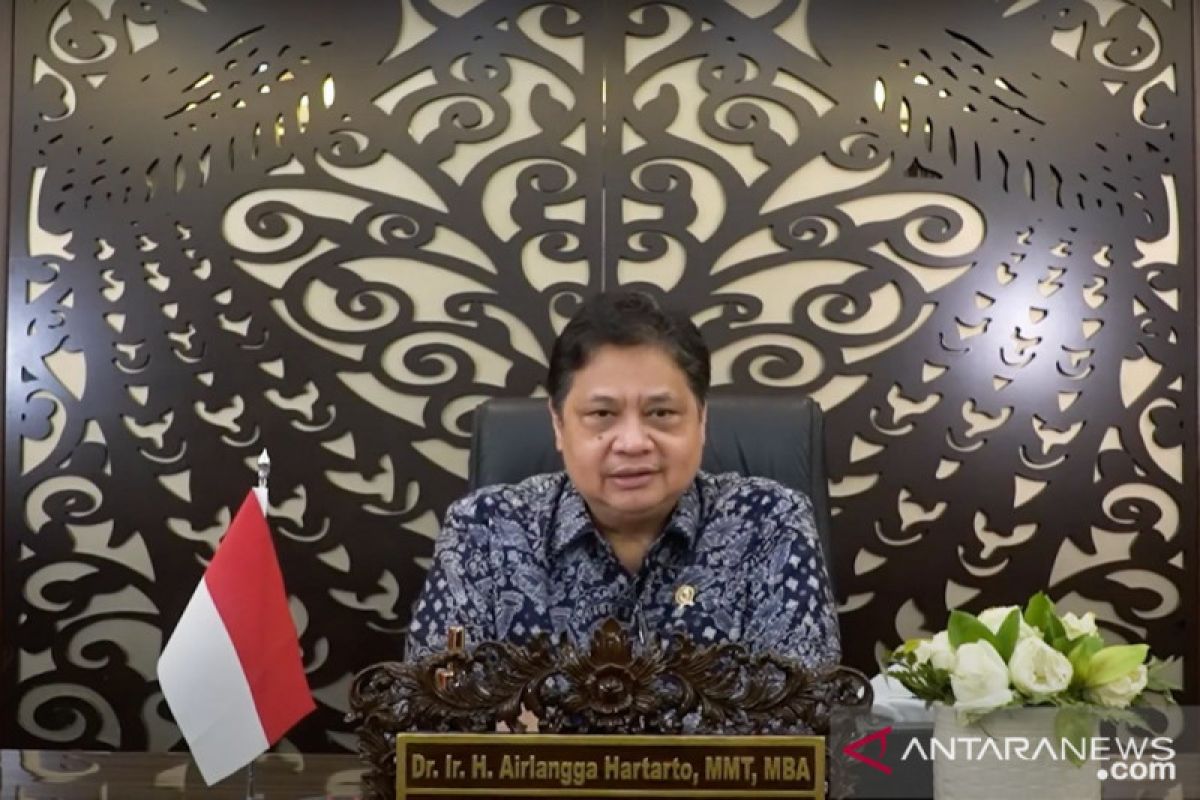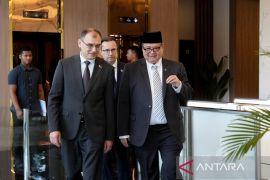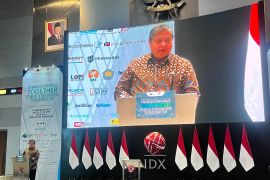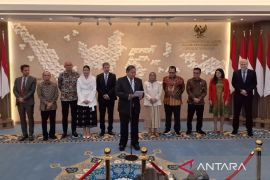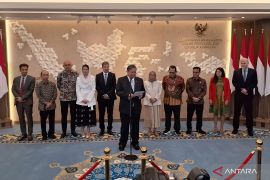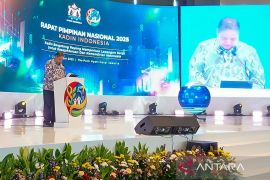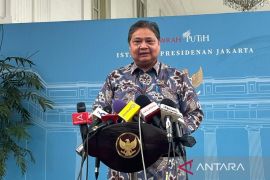“Indonesia is committed to improving competitiveness and the investment climate through structural reforms by combining 76 regulations into one through the Omnibus Law system in Law no. 11 of 2020 concerning Job Creation," he said while delivering a keynote speech at a webinar on Friday.
According to Hartarto, the Job Creation Law simplifies business licensing procedures, provides better environmental protection, and makes changes to existing labor regulations. The law has also been recognized by the World Bank as a very positive economic reform program that Indonesia has created in the last four decades, he noted.
To complete the implementation of the Job Creation Law, digital registration and licensing procedures have also been made easier with the launch of the latest version of the Online Single Submission (OSS), which is based on the Risk-Based Approach (RBA), and the shift from the Negative Investment List (DNI) to the Investment Positive List (DPI).
“In this system, the type of licensing will be adjusted based on the risk level of each business. For example, (under this system) MSME licensing procedures are different from large businesses,” the minister explained.
Now, MSMEs, or other low-risk businesses in the private sector, only need a Business Identification Number (NIB) from OSS to start a business, while medium-risk businesses require an additional Standard Certificate, he noted. All permissions are granted in an integrated OSS system, so the process is very transparent, easier, faster, and credible, he said.
The Indonesian government is committed to implementing and supervising the implementation of the new version of OSS in the future, Hartarto said. This is because OSS is one of the important instruments to attract more investment into the country, he added.
“We expect that the launch of a risk-based OSS will improve the investment climate and investor confidence to invest in Indonesia. If investment increases in the end, it is hoped that it will open up wider job opportunities as well," he said.
The government has issued a Priority Investment List (DPI) in the Presidential Regulation no. 10 of 2021 concerning the Investment Business Sector. The regulation contains DPI which focuses on providing a list of priority business fields or businesses, including National Strategic Projects (PSN), the latest technology, pioneering industries, export-oriented industries, as well as research and development, he informed.
Investors who invest in priority sectors will get fiscal and non-fiscal incentives, he said. From the fiscal side, incentives can be in the form of investment allowances, super deductions, or import duty exemptions, he added.
Meanwhile, from the non-fiscal side, they can be in the form of ease of doing business, ease of licensing for the implementation of business activities, business support infrastructure, and guarantees for the availability of fuel or energy and raw materials, he continued.
In addition, the Indonesian government has established an Investment Management Agency (LPI) to increase, prioritize and optimize long-term investments that will support sustainable development, the minister said.
“The government has allocated US$1 billion in 2020 as initial capital of the LPI and will add another US$4 billion this year to optimize the LPI's role. Currently, there is also a Sovereign Wealth Fund of around US$3 billion from three countries, namely the Netherlands, Canada, and the United Arab Emirates (which have entered the LPI)," Hartarto said.
Related news: President demands transparency in implementing OSS system
Related news: Fisheries Ministry prepares draft regulation on business licensing
Translator: Kuntum K, Azis Kurmala
Editor: Rahmad Nasution
Copyright © ANTARA 2021
